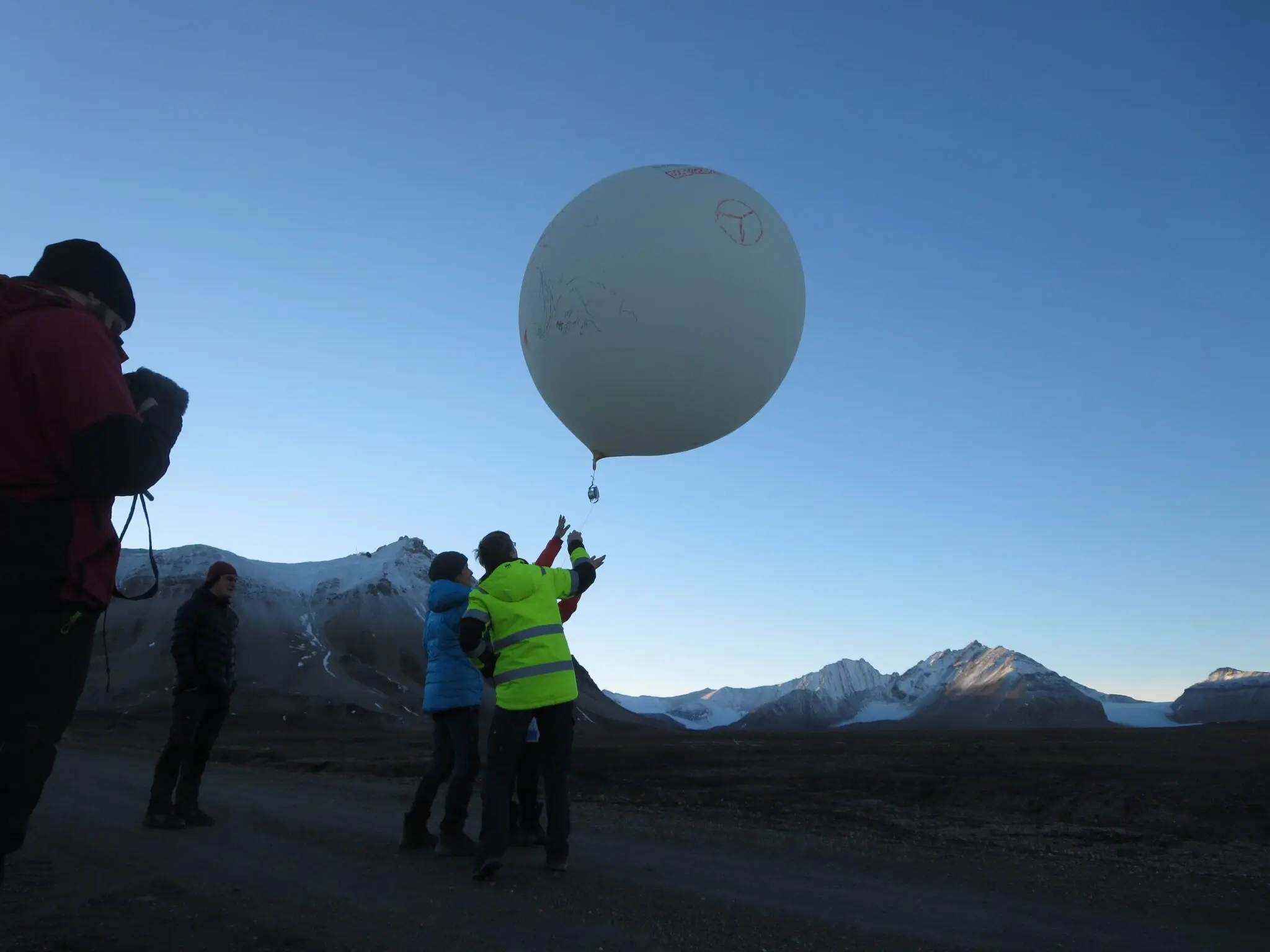Arctic geophysics courses


Svalbard (78°N) is the northernmost location on Earth that can easily be visited at any time of the year. The students at UNIS have the opportunity to sit ring-side to observe phenomena that are specific to polar regions and study the physical processes that lead up to them. UNIS seeks to introduce students to the entire vertical column, from the deep of the oceans up to the outermost boundary of the atmosphere, as a dynamic system with a large variety of processes going on inside each layer as well as interactions between them.
NOTE: This department offers courses that are also relevant for UNIS students within e.g. geoscience.
Specific fields of study
Oceanography: In Svalbard, you are in an excellent position to study the complicated air-ice-sea interaction processes in nature’s own laboratory.
Meteorology: Study the processes related to very stable boundary layers and the contrast between cold ice/snow surfaces and relatively warm sea that leads to atmospheric phenomena that can only be observed in polar regions.
Cryosphere: A distinct feature of the Arctic is the cryosphere. The high Arctic setting in combination with frequent occurrence of warm spells coming from south makes Svalbard a unique place for studying the dynamics of snow and ice in a changing climate.
The Middle Polar Atmosphere: The middle atmosphere is an interface between the neutral atmosphere (meteorology) and partly ionised layers of the upper atmosphere. It includes unique phenomena from meteor ablation to airglow and atmospheric waves. In the polar regions it plays an important role in chemical and dynamical processes related to atmospheric ozone content.
Upper Polar Atmosphere: Svalbard is at daytime located underneath the polar cusp opening towards the interplanetary space. The polar cusp region is where the solar-terrestrial coupling is most direct and strongest. The two months of darkness mid-winter makes Svalbard one of the most ideal places for ground-based observations of daytime Aurora Borealis.
Bachelor course combinations
| Autumn semester | Spring semester |
|---|---|
| AGF-210 and AGF-223 | AGF-211 and AGF-212 |
| AGF-213 and AGF-214 |
Master course combinations
| Autumn semester | Spring semester |
|---|---|
| AGF-301 and AGF-304 (cancelled spring 2025) |
PhD course combinations
| Autumn semester | Spring semester |
|---|---|
| AGF-801 and AGF-804 (cancelled spring 2025) |